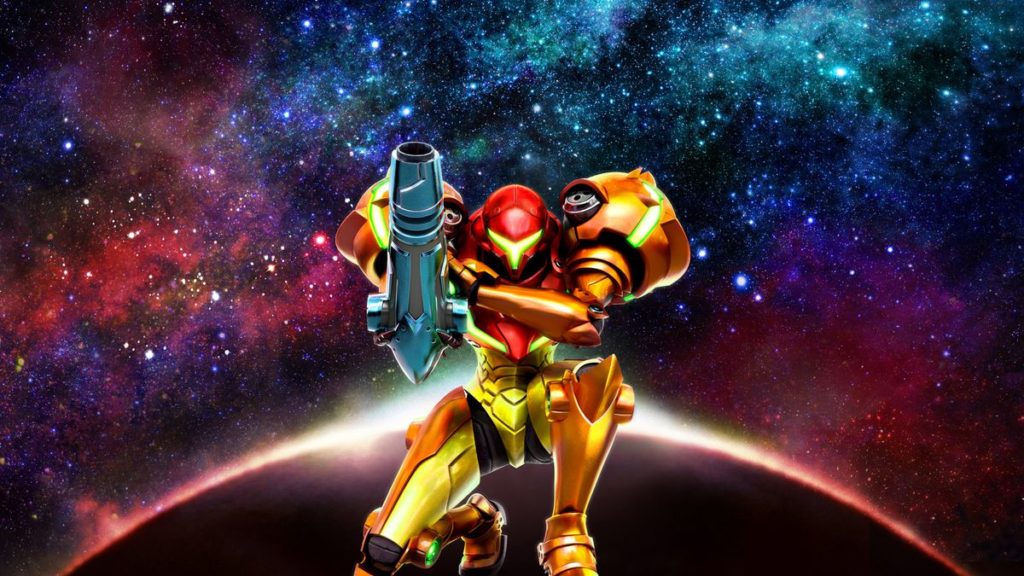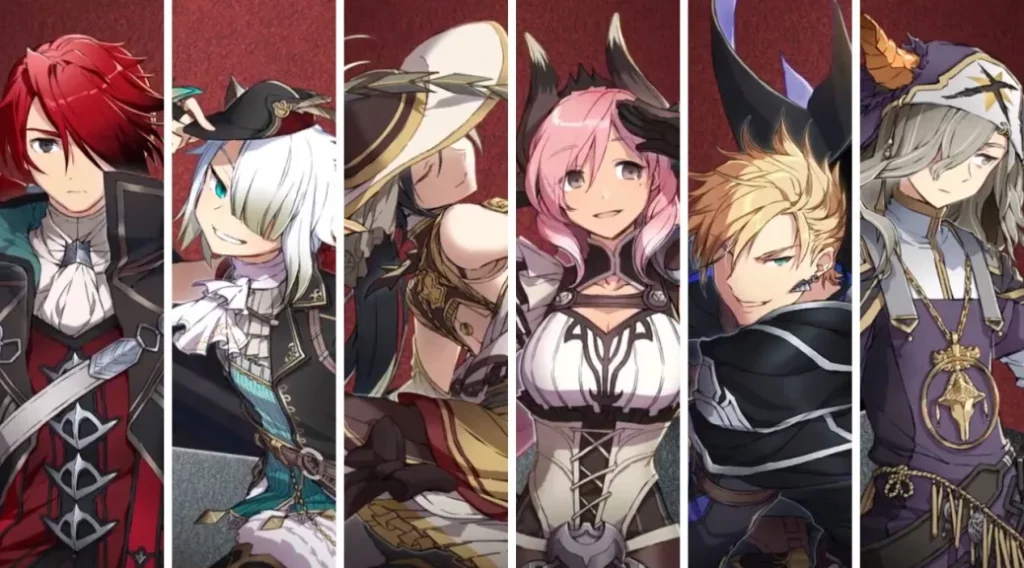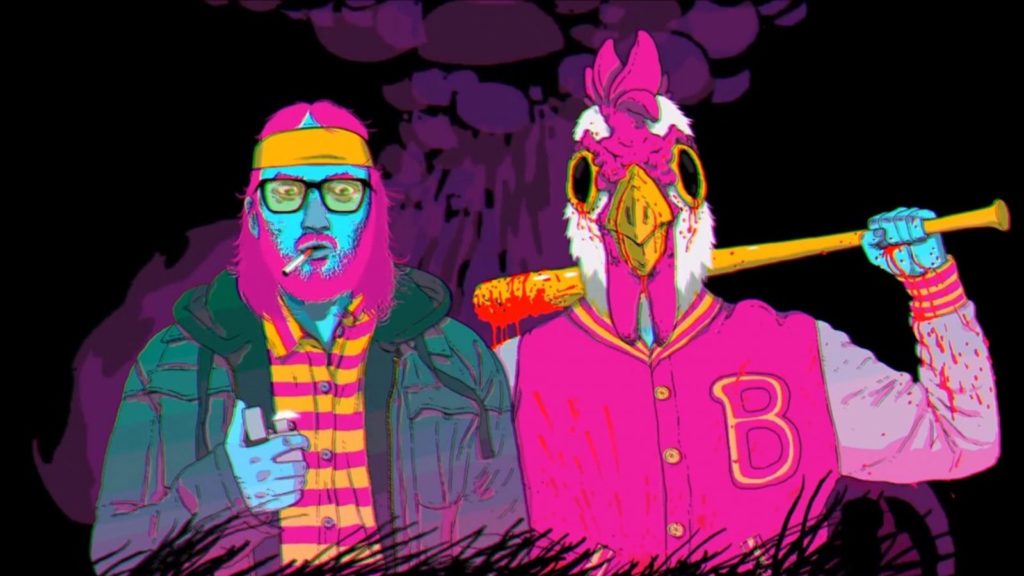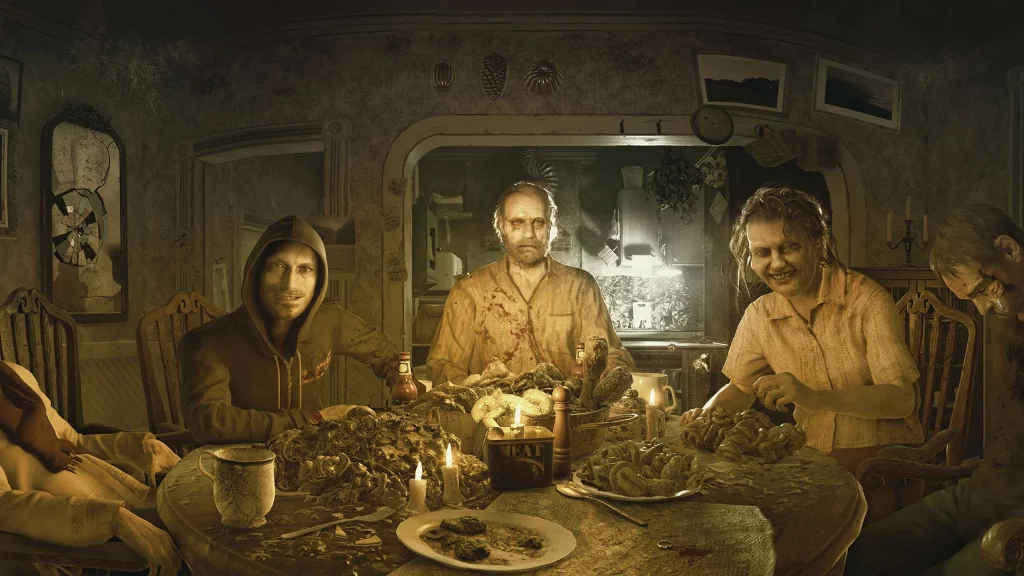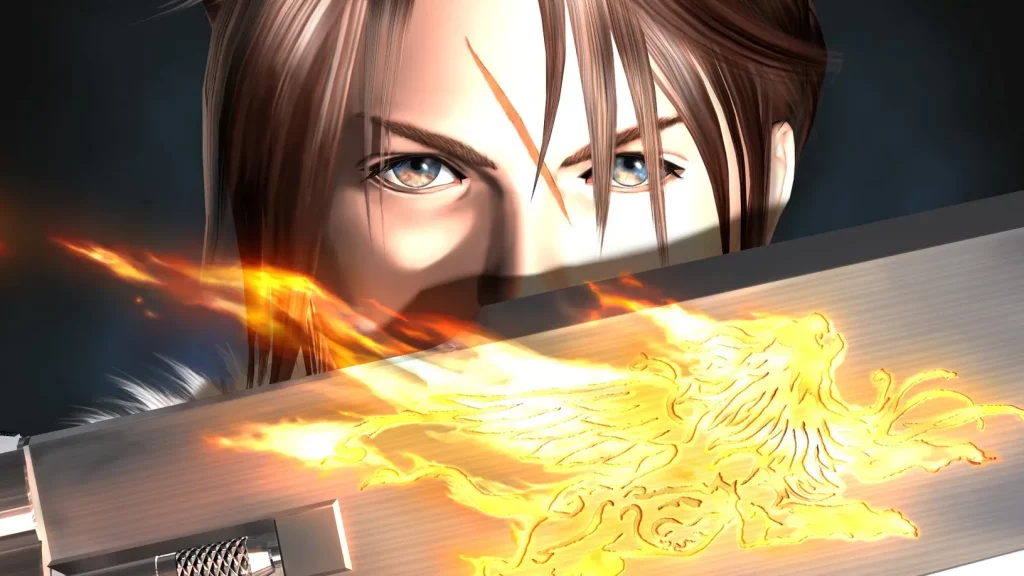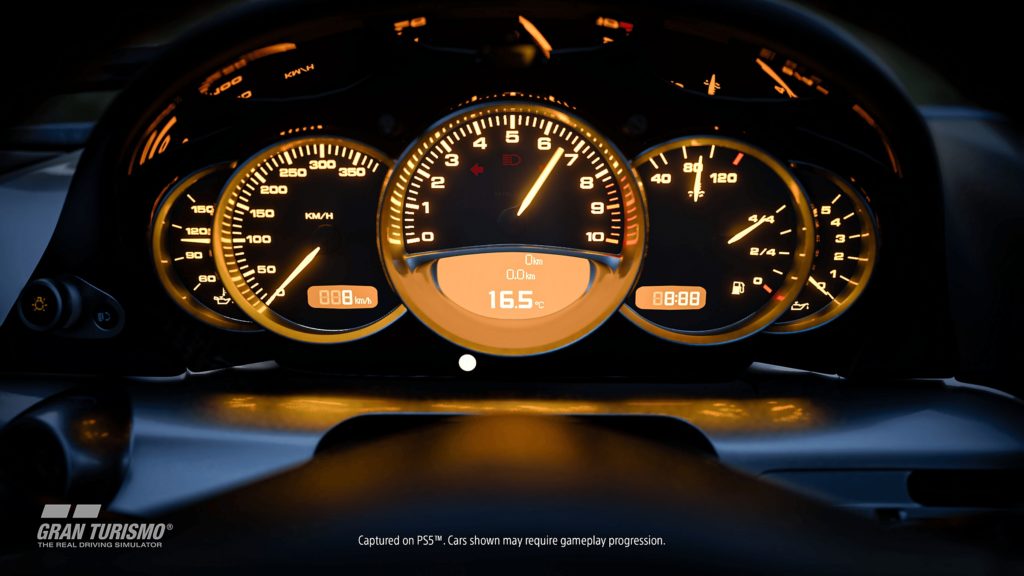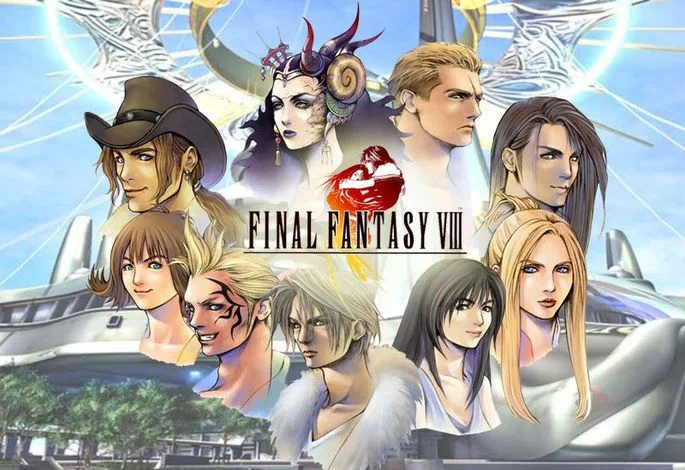Here’s a pretty cool post from indie game developer Keith Burgun. It’s about a concept he labels as “aesthetic gacha-ism”, which he describes as follows:

The core of my conception of aesthetic gacha-ism is the commodification of games: both in how they are produced, the rules, the experience, the way it’s talked about. At nearly every level, the experience of games gets put more and more onto an assembly line, alienated from human experience, connection and meaning.
He then goes on to list some of the core tenets of Aesthetic Gacha-ism:
- Extrinsic-reward driven (AKA “the metagame is more important than the base game design”)
- Elements feel copy-pasted a lot, and/or “subdivided” to increase length
- Compulsion-driven design
- The (dreaded) crafting system
- Commodified quests
- More and more things “level up” in some way
(The author elaborates on all of these bullet points within the actual piece, so I encourage you to read through it.) → Show me the reading!


